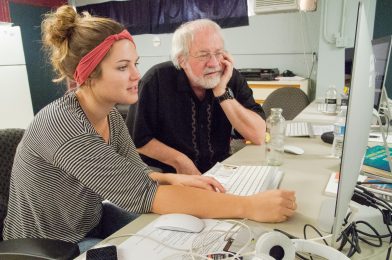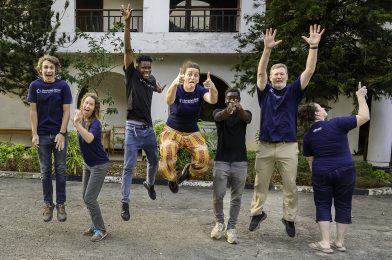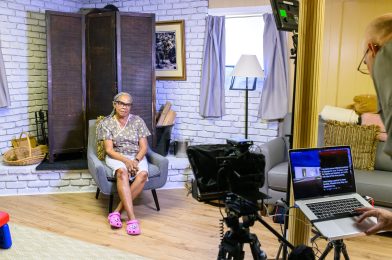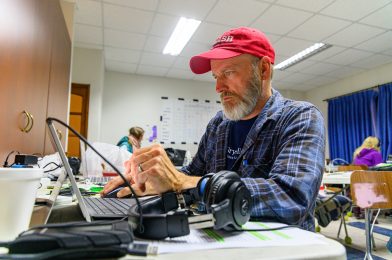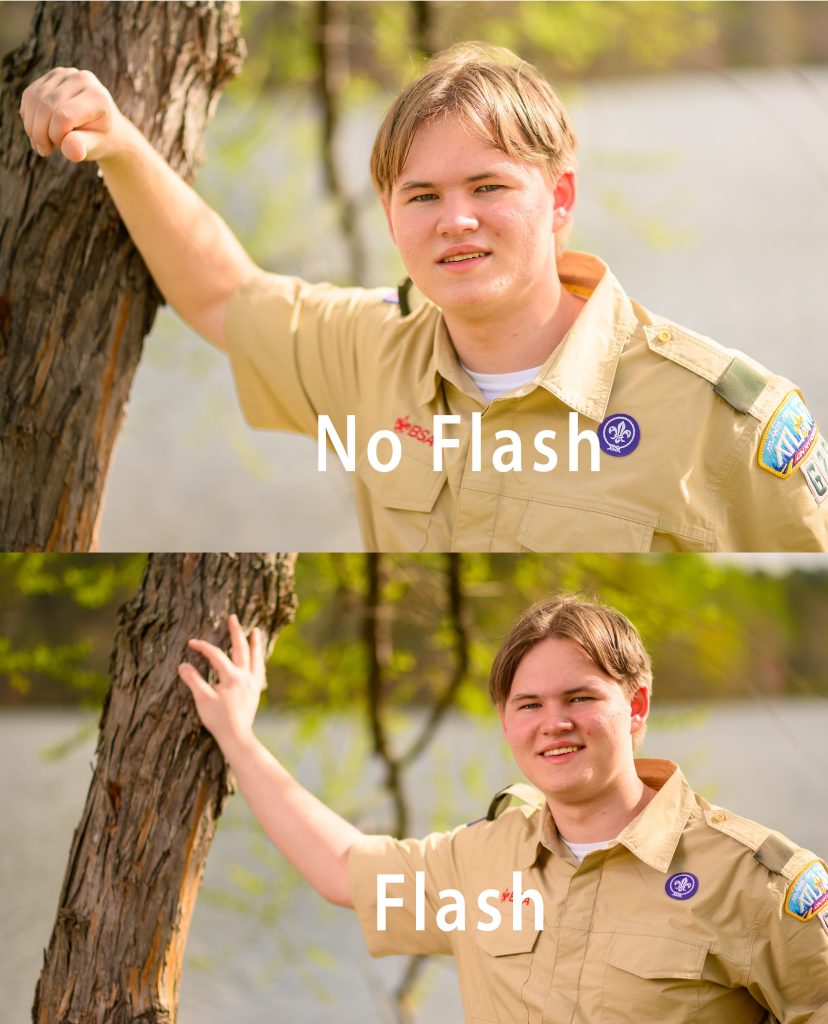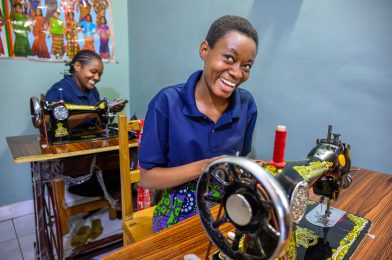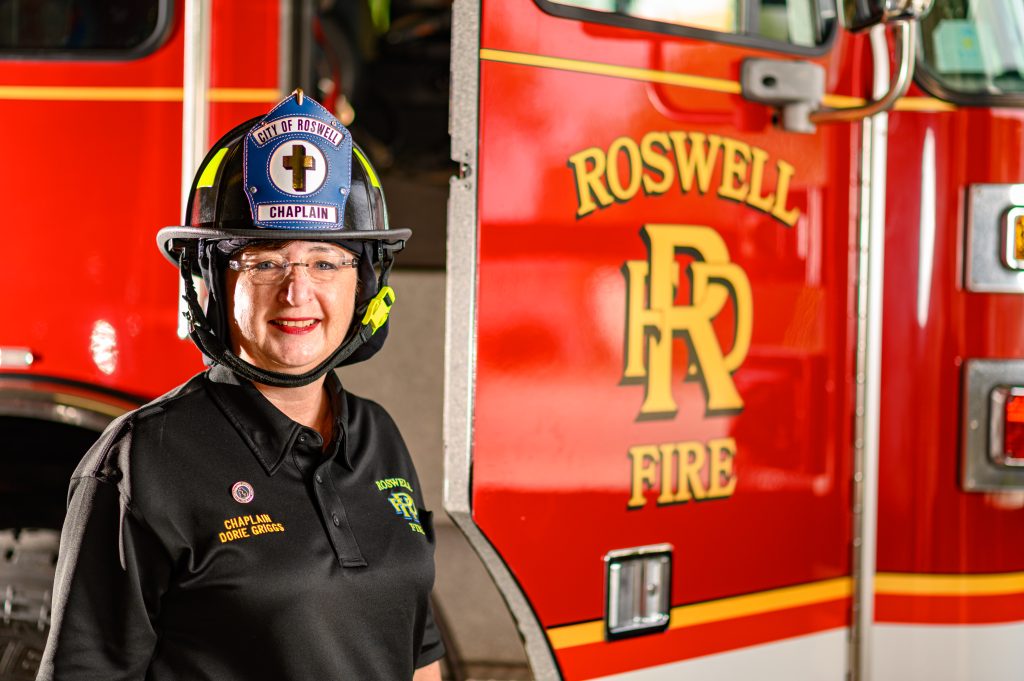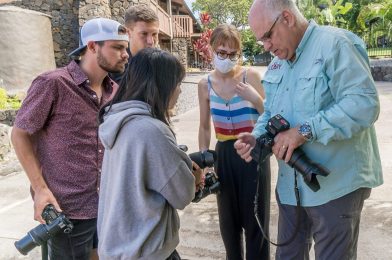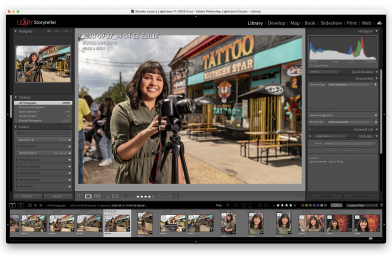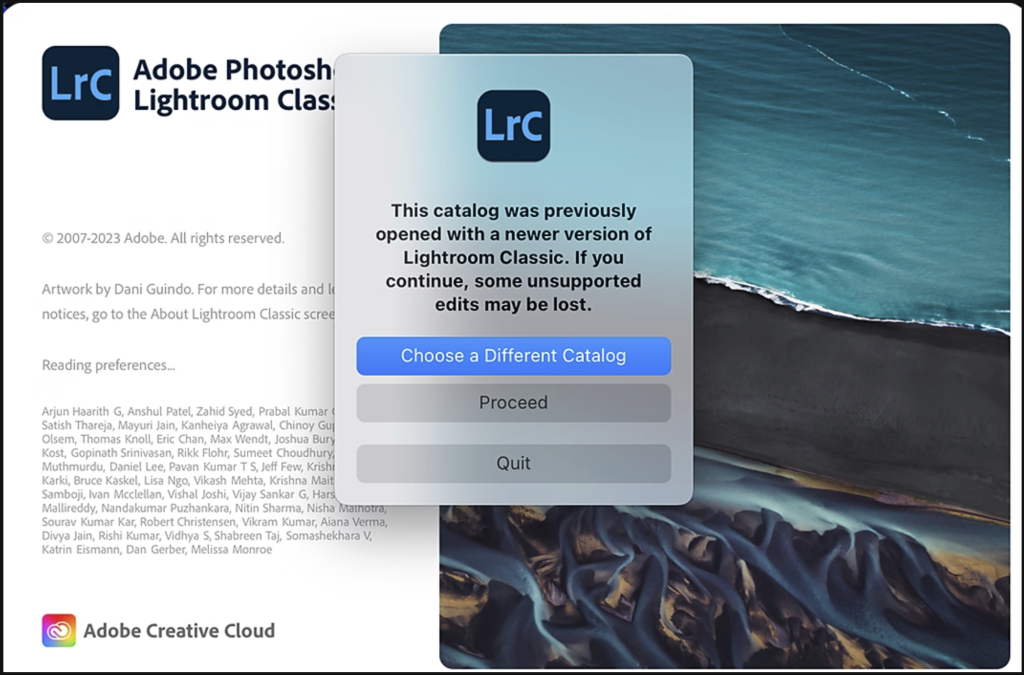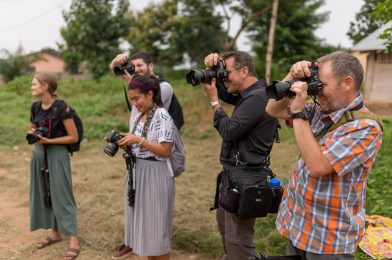Caption: Veteran visual storyteller Bill Bangham reviews Alyssa Joline Fleming’s story images during YWAM’s School of Photography 1, offering hands-on guidance to help her become a photojournalist. Mentorship like this turns technical skills into powerful storytelling.
One thing I’ve observed over the years—whether I’m consulting for a brand, teaching a workshop, or reviewing someone’s visual storytelling portfolio—is that organizations often miss the mark when building their creative teams.
Too often, I see companies and nonprofits looking to save money by hiring fresh-out-of-college grads for everything—photo, video, design, you name it. And while there’s a place for these enthusiastic up-and-comers, what’s often missing is someone to guide them.
Here’s the problem: if your team is made up entirely of folks just getting started, who’s mentoring them? Who’s helping them grow from technically decent to strategically sharp? If you don’t have experienced veterans on the team, you don’t just save money—you lose momentum.
The Difference Isn’t Just Age—It’s Depth
I’ve written about how a strong photo or video story doesn’t happen because someone owns a good camera or studied the craft in college. (You can read more here: The Difference a Veteran Makes). It occurs because the person behind the lens understands how to shape a message, not just capture a moment.
New graduates often have the tools, theories, and even a good eye, but veterans bring context. We know how to read the room, spot potential problems in the field, and solve them before they affect the story. We know when to lead, step back, and let others shine.
Not All Experience Is Equal
Here’s a harsh truth I’ve seen firsthand: just because someone has been with your organization for years doesn’t mean they’ve grown in the right ways.
If someone came straight out of college and joined your team—and never had a mentor to guide them—they may have developed habits that limit their storytelling. They may know how to “get the job done,” but without being intentionally mentored, they’ve likely plateaued.
That’s not the same as bringing in a professional who’s honed their craft across different contexts, under outstanding leadership, and with high expectations.
How can you mentor someone else well if you were never mentored well?
Mentorship isn’t just about being nice or answering questions. It’s about intentional coaching, thoughtful critique, and exposing people to higher standards of excellence. That kind of growth doesn’t just come with time—it comes with investment.
So if your organization’s “veterans” were never taught how to think critically about their work, lead others, or align visual storytelling with brand strategy… then you might not have mentors. You have people who’ve been around a while.
Why Your Organization Needs Both Veterans and New Grads
Veterans bring wisdom, leadership, and a strategic mindset. They can mentor and train. They raise the bar and help build a lasting creative culture.
New grads bring energy, fresh ideas, and a willingness to try new things. They challenge us veterans to keep growing and stay current.
When you have both, you build something sustainable, create a pipeline of excellence, and develop storytellers, not just technicians.
When you don’t? You risk burning out your young team, making the same mistakes year after year, and never quite reaching your full potential as an organization.
Pay Now or Pay Later
I get it—budgets are tight. But hiring only entry-level creatives because they’re “cheaper” often costs more in the long run. You spend more time fixing mistakes. You don’t get the results you were hoping for. And worst of all, your brand’s message suffers.
If you’re serious about telling your story well, invest in experience, not just equipment. Make space for mentorship. And value the long game.
Because when it comes to storytelling, the veteran’s wisdom and the rookie’s energy are both essential. But one without the other is like trying to fly with one wing.

